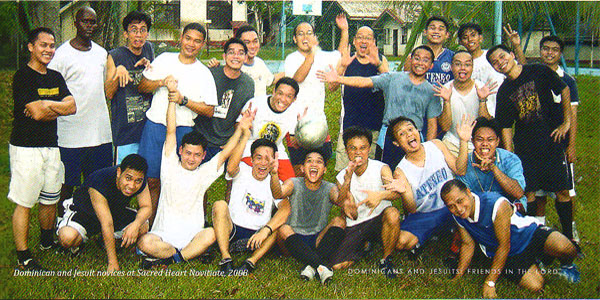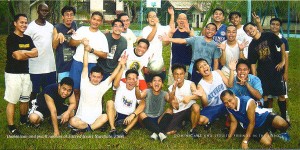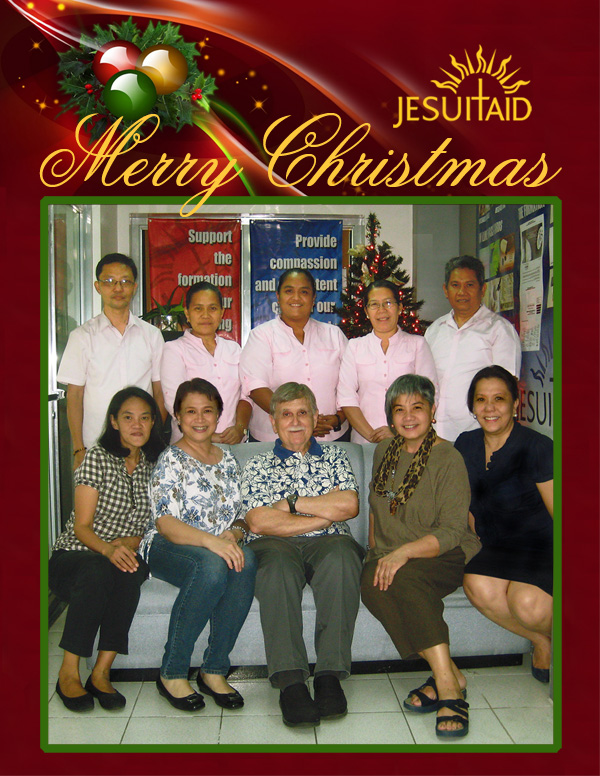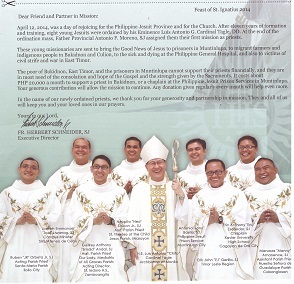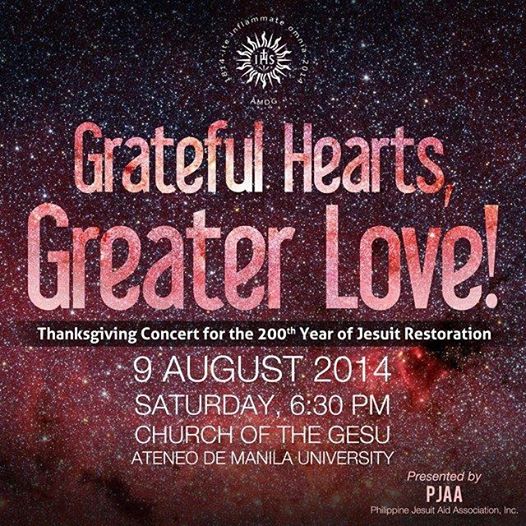By Fely I. Soledad, Founding Executive Director (PCNC)
1. What are some of the concerns surrounding NGOs in the Philippines?
The rapid expansion in the number of NGOs has given rise to concerns about the ability of the government to regulate all these organizations and to ensure that resources channeled to them are actually being used for their declared goals and objectives. These concerns are made significant by the fact that Philippine NGOs enjoy tax incentives under the law, such as tax exemption and donee institution status which allows local donations to be deducted from the donors’ taxable income and exempted from donors’ tax.
2. How did the Philippine government respond to these concerns?
In 1995, the Department of Finance (DOF) came under increasing pressure to increase revenues to the central government. The DOF and the Bureau of Internal Revenue (BIR) therefore set up a joint task force to reform the tax system. The task force proposed a sweeping plan to change the system to address the problem of revenue collection. The proposal, known as the CTRP, would have eliminated the deductibility of donations to NGOs as one means of increasing revenues for the state. If passed, it would have taken away the benefit of deductibility of donations from the donors’ taxable income and also abolished the exemption from donors’ tax.
3. How did the NGO community respond to government’s move?
Some leaders of top corporate foundations and NGO networks immediately realized that this would have an enormous detrimental effect on NGOs dependent on local donations. They then expressed their concern to the Department Of Finance which in turn challenged the NGO representatives to create a self-regulatory body to certify non-stock, non-profit organizations for donee institution status, allowing them to receive tax-deductible and tax-exempt contributions under the new tax law.
Rising to the challenge, six of the country’s largest national NGO networks—the Association of Foundations (AF), the League of Corporate Foundations (LCF), The Philippine Business for Social Progress (PBSP), the Bishops-Businessmen’s Conference for Human Development (BBC), the Caucus of Development NGO Networks (CODE-NGO) and the National Council for Social Development Foundations (NCSD)—organized the Philippine Council for NGO Certification, or PCNC, which was incorporated as a non-stock, non-profit entity in January, 1997 and publicly launched in February, 1999.
4. What is the relationship between PCNC and the government?
PCNC signed a Memorandum of Agreement with DOF under which it was given the authority to certify NGOs applying for donee institution status based on specific standards. The certification would then serve as a basis for the BIR to grant donee institution status.
5. What is the other role of PCNC?
It was also envisioned that this certification process would encourage local donations to NGOs so significant at this time when resources channeled to social development projects, particularly from foreign donors, are diminishing. However, PCNC exists not only to pursue tax incentives for donors to NGOs. More importantly, it has committed itself to promoting professionalism, accountability and transparency within the NGO and non-profit sector in the Philippines. In effect, a PCNC certification would mean a “seal of good housekeeping,” which hopefully shall also help identify NGOs “of good standing” that funding agencies and partners, both local and foreign, may consider in their choice of which organizations to support. The evaluation process itself is deemed to be beneficial as it provides the applicant NGO the opportunity to assess and improve its own status as an organization and address organizational concerns.
6. How does PCNC operate?
PCNC is governed by an eleven-member Board of Trustees elected from among the certified organizations, and a BIR representative. The primary function of the Board, which meets once a month, is to examine the evaluators’ findings and make the final decision on the certification of applicant NGOs.
PCNC’s operation is handled by a Secretariat headed by an Executive Director who is presently assisted by nine (9) staff members. The PCNC Secretariat serves as the operational hub and coordinates the activities involved in the whole evaluation/certification process. 1,400 volunteer evaluators who are officers/senior staff of certified NGOs and members of professional organizations such as the Philippine Institute of Certified Public Accountants are deployed in teams of 2 or 3 on evaluation visits to applicant NGOs and they then submit their findings/recommendations to the PCNC Board.
7. Where does PCNC get its funds for operations?
PCNC received start-up funds from the Ford Foundation, support for its public awareness campaign and evaluators’ training from the US Agency for International Development (USAID) and a grant from the Sasakawa Peace Foundation for its research/documentation project. It also has a grant from the World Bank for the setting up of a public accountability mechanism; the training of volunteer evaluators; application fee subsidy to applicant NGOs for PCNC certification; and the conduct of learning events on good NGO governance. It also received funding from the Spanish Embassy (AECID) for a project on ‘NGO Clinics’ designed to help small and newly established NGOs towards organizational strengthening and PCNC certification. On the other hand, PCNC’s operating expenses are mostly funded by application fees and membership dues.
8. What are PCNC’s criteria for certifying NGOs?
PCNC has formulated three rating sheets — one is for organizations operating for two or more years; another is for newly established organizations; and the third is for networks. The evaluation covers six areas, namely: Vision, Mission, and Goals; Governance; Administration; Program Operations; Financial Management; and Networking. Financial Management gives the best source of assurance for donors that the recipient organization is accountable and transparent and that donations are utilized according to the organization’s declared goals and objectives. Among the important standards in financial management are the presence of a financial plan, check and balance mechanisms, and compliance with BIR requirements. The other areas are significant as well, such as Vision, Mission, and Goals (VMG), Governance, Administration and Program Operations. VMG declares the purpose for which the organization exists and Governance refers to policy formulation and direction-setting, while Administration includes policies and procedures that pertain to lines of authority and accountability between and among various units of the organization. Program Operations includes program/project development, implementation, monitoring, and evaluation. Networking refers to intra- and inter-linkages that provide support for the organization and opportunities for learning and sharing best practices.
Each area is composed of a number of indicators which are rated on a scale of 5 to 1 with 5 as the highest and 1 as the lowest. Extra parameters may be added or deleted when necessary, depending on the organization being evaluated. An NGO may get a 1, 3, or 5 year-certification, depending on its years of existence and ratings from the evaluation
http://www.pcnc.com.ph/admin/downloads/Frequently%20Asked%20Questions%20on%20PCNC.doc.



